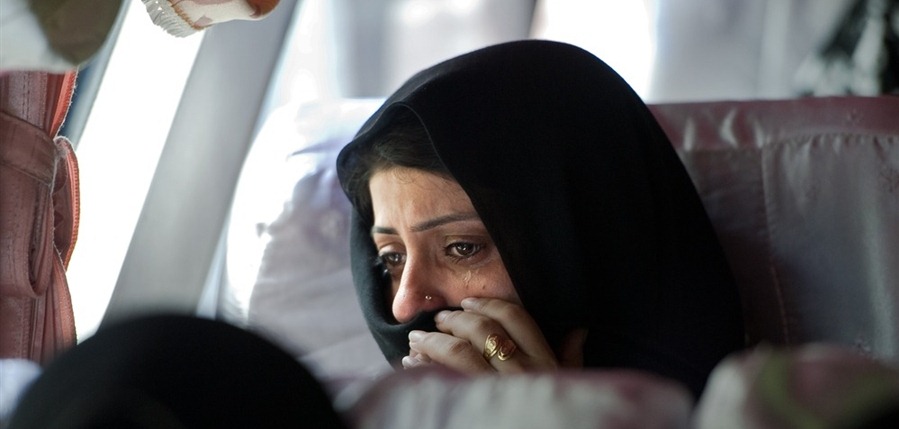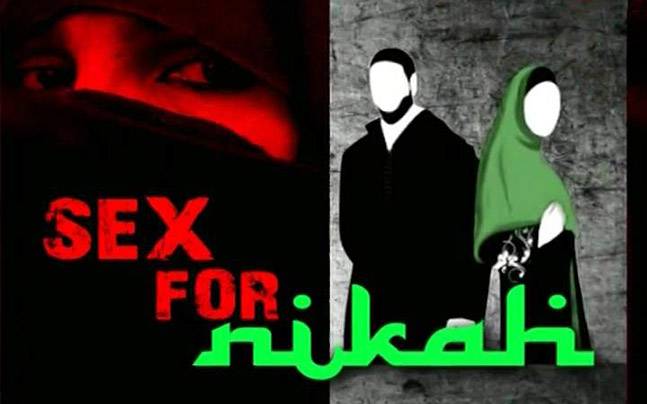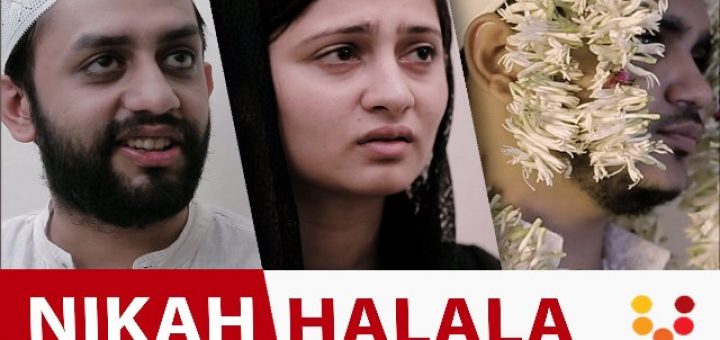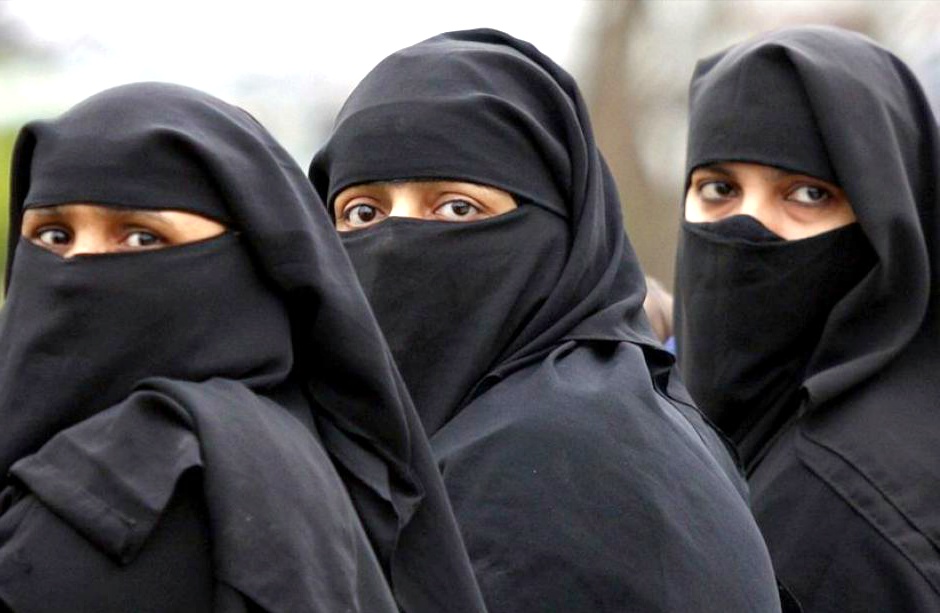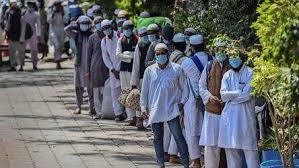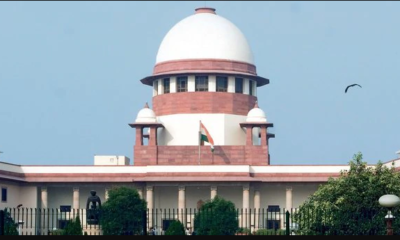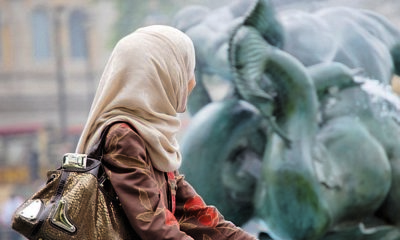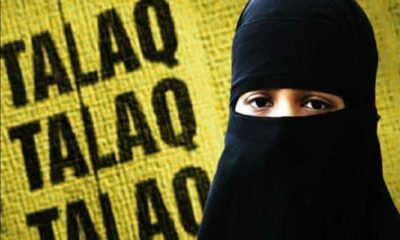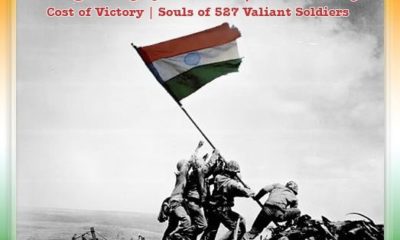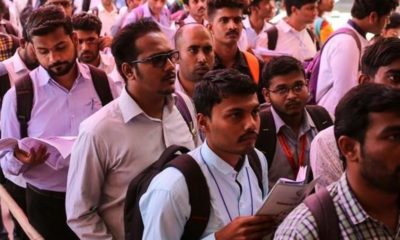Feature
Maulvis put themself for one-night stand with divorced muslim women
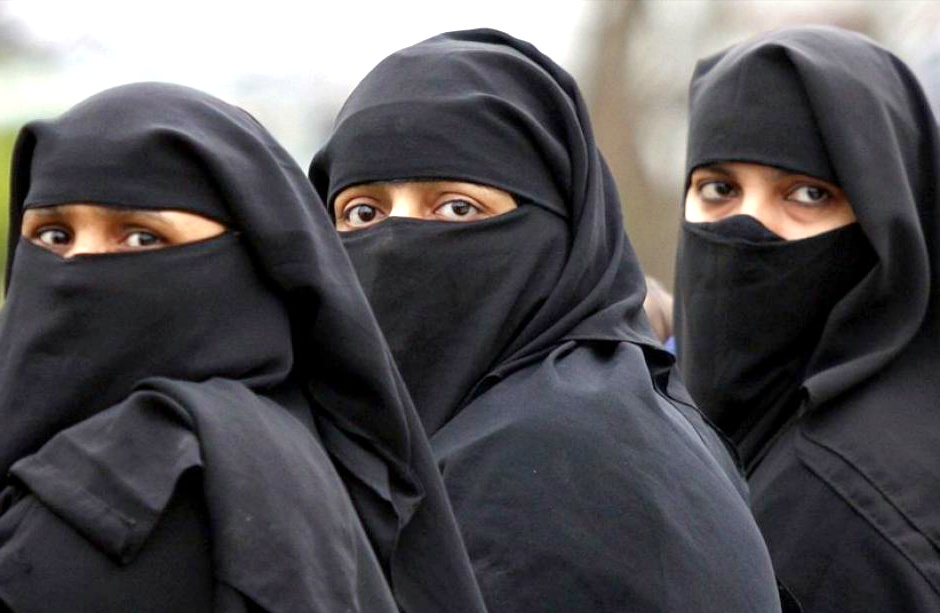
New Delhi: It’s terrible to know that lots of Muslim Clerics in India are offering them self for a one-night stand with divorced Muslim women who are using Islamic law to save their marriages, in a media house investigation it has been found.
The women are charged anywhere between Rs 20,000 (£240) and Rs 1.5 lakh (£1800) to participate in nikah halala, a controversial practice that requires a woman to marry someone else, sleep with him and get a divorce again in order to remarry her first husband under personal laws, the probe discovered.
The findings have blown the lid off the taboo tradition that has remained largely unnoticed amid intense debates over triple talaq in the media and the country’s top court.
Rising above their political differences, Hindu and Muslim leaders called nikah halala a criminal act after an India Today investigation revealed the findings of its investigation.
They demanded the perpetrators shown in the network’s special report be prosecuted for rape.The investigation found many Islamic scholars putting themselves up for sale to women desperate to restore their broken marriages.
At a restaurant in Ghaziabad, the undercover team first met Mohammed Nadeem, an imam at Madina Masjid in Moradabad’s Lal Bagh neighbourhood.
The cleric was already married. But he was negotiating his role play as a husband for a night with the reporters posing as relatives of a fictitious divorced Muslim woman.
The Moradabad imam admitted he had officiated several nikah halala marriages.This time, he proposed a package deal for the entire service, including sex. ‘It’s Rs 1 lakh,’ he said.
Imam Nadeem guaranteed issuing divorce after spending a night with the bride for her to become eligible to go back to her first husband in accordance with the personal law.
The business of one-night grooms is widespread, as the media house investigation observed. At Delhi’s Jamia Nagar, the team met Zubair Qasmi, a qualified maulana married with two wives.
He nominated himself for a nikah halala in exchange for money. ‘I spend many nights out. It’s much easier to manage this with two (wives).
‘One would think I am with the second. And the second would think I am with the other. It’s not at all difficult with two (wives),’ he bragged.
Zubair Qasmi based his fee on mehr, money or a gift a Muslim groom pledges to his bride during Islamic marriages.
‘Don’t worry about anything. I’ll make every arrangement. If Rs 30,000 is set as mehr, it will be either Rs 40,000 or Rs 50,000 (in return for participation in nikah halala). No problem in it,’ Qasmi said.
As India awaits the Supreme Court’s judgement over triple talaq, the dangerous trapdoor of nikah halala remains wide open for divorced Muslim women, the probe noted.
The head of the Imam Council of India said ‘this is lust it’s not permissible in Islam. This is a criminal offence committed in the name of religion,’ said Maulana Maqsood-ul-Hasan Qasmi, ‘These people should be thrown out of the mosques. They should be booked.’
Authors of the personal laws, he added, had been ‘millions of miles away’ from the teachings of Islam. Maulana Ansar Raza of the Gharib Nawaz Foundation called for immediate ex-communication of men offering themselves for nikah halala.
They should be beaten with the shoes and thrown out of the mosques. They should be charged with rape. Nikah halala is a regressive un-Islamic practice,’ he said.
BJP spokesperson Gaurav Bhatia, himself a lawyer, underscored the need for abolishing nikah halala like ‘sati’ in Hinduism. ‘Nikah halala and polygamy, as triple talaq, are regressive. Sati is abolished. So should be these practices,’ he said.
Entertainment
Meghalaya Reserves Legalized Gambling and Sports Betting for Tourists

The State Scores Extra High on Gaming-Friendly Industry Index
Meghalaya scored 92.85 out of 100 possible points in a Gaming Industry Index and proved to be India’s most gaming-friendly state following its recent profound legislation changes over the field allowing land-based and online gaming, including games of chance, under a licensing regime.
The index by the UK India Business Council (UKIBC) uses a scale of 0 to 100 to measure the level of legalisation on gambling and betting achieved by a state based on the scores over a set of seven different games – lottery, horse racing, betting on sports, poker, rummy, casino and fantasy sports
Starting from February last year, Meghalaya became the third state in India’s northeast to legalise gambling and betting after Sikkim and Nagaland. After consultations with the UKIBC, the state proceeded with the adoption of the Meghalaya Regulation of Gaming Act, 2021 and the nullification of the Meghalaya Prevention of Gambling Act, 1970. Subsequently in December, the Meghalaya Regulation of Gaming Rules, 2021 were notified and came into force.
All for the Tourists
The move to legalise and license various forms of offline and online betting and gambling in Meghalaya is aimed at boosting tourism and creating jobs, and altogether raising taxation revenues for the northeastern state. At the same time, the opportunities to bet and gamble legally will be reserved only for tourists and visitors.
“We came out with a Gaming Act and subsequently framed the Regulation of Gaming Rules, 2021. The government will accordingly issue licenses to operate games of skill and chance, both online and offline,” said James P. K. Sangma, Meghalaya State Law and Taxation Minister speaking in the capital city of Shillong. “But the legalized gambling and gaming will only be for tourists and not residents of Meghalaya,” he continued.
To be allowed to play, tourists and people visiting the state for work or business purposes will have to prove their non-resident status by presenting appropriate documents, in a process similar to a bank KYC (Know Your Customer) procedure.
Meghalaya Reaches Out to a Vast Market
With 140 millions of people in India estimated to bet regularly on sports, and a total of 370 million desi bettors around prominent sporting events, as per data from one of the latest reports by Esse N Videri, Meghalaya is set to reach out and take a piece of a vast market.
Estimates on the financial value of India’s sports betting market, combined across all types of offline channels and online sports and cricket predictions and betting platforms, speak about amounts between $130 and $150 billion (roughly between ₹9.7 and ₹11.5 lakh crore).
Andhra Pradesh, Telangana and Delhi are shown to deliver the highest number of bettors and Meghalaya can count on substantial tourists flow from their betting circles. The sports betting communities of Karnataka, Maharashtra, Uttar Pradesh and Haryana are also not to be underestimated.
Among the sports, cricket is most popular, registering 68 percent of the total bet count analyzed by Esse N Videri. Football takes second position with 11 percent of the bets, followed by betting on FIFA at 7 percent and on eCricket at 5 percent. The last position in the Top 5 of popular sports for betting in India is taken by tennis with 3 percent of the bet count.
Local Citizens will Still have Their Teer Betting
Meghalaya residents will still be permitted to participate in teer betting over arrow-shooting results. Teer is a traditional method of gambling, somewhat similar to a lottery draw, and held under the rules of the Meghalaya Regulation of the Game of Arrow Shooting and the Sale of Teer Tickets Act, 2018.
Teer includes bettors wagering on the number of arrows that reach the target which is placed about 50 meters away from a team of 20 archers positioned in a semicircle.
The archers shoot volleys of arrows at the target for ten minutes, and players place their bets choosing a number between 0 and 99 trying to guess the last two digits of the number of arrows that successfully pierce the target.
If, for example, the number of hits is 256, anyone who has bet on 56 wins an amount eight times bigger than their wager.

